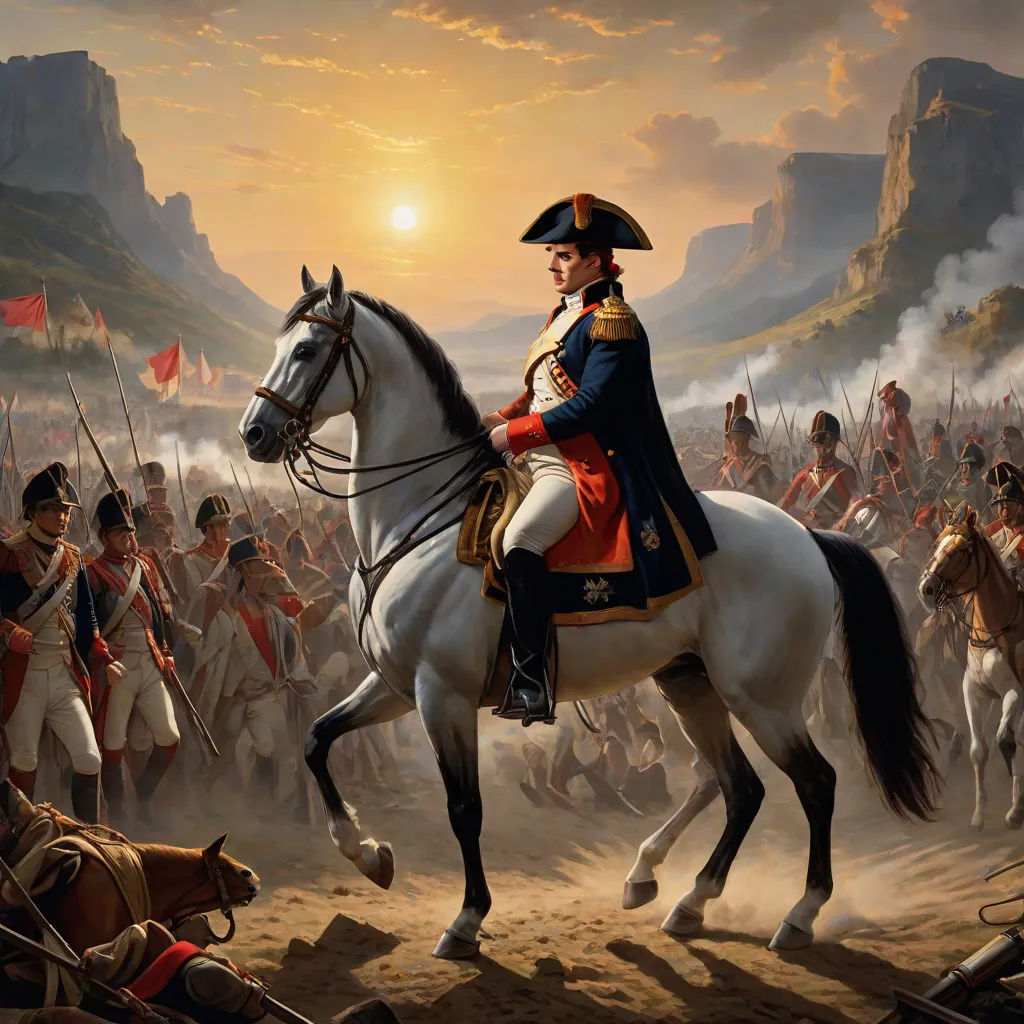
The Rise and Fall of Napoleon Bonaparte
By HAWARI ARIEF

27 Sep, 2024
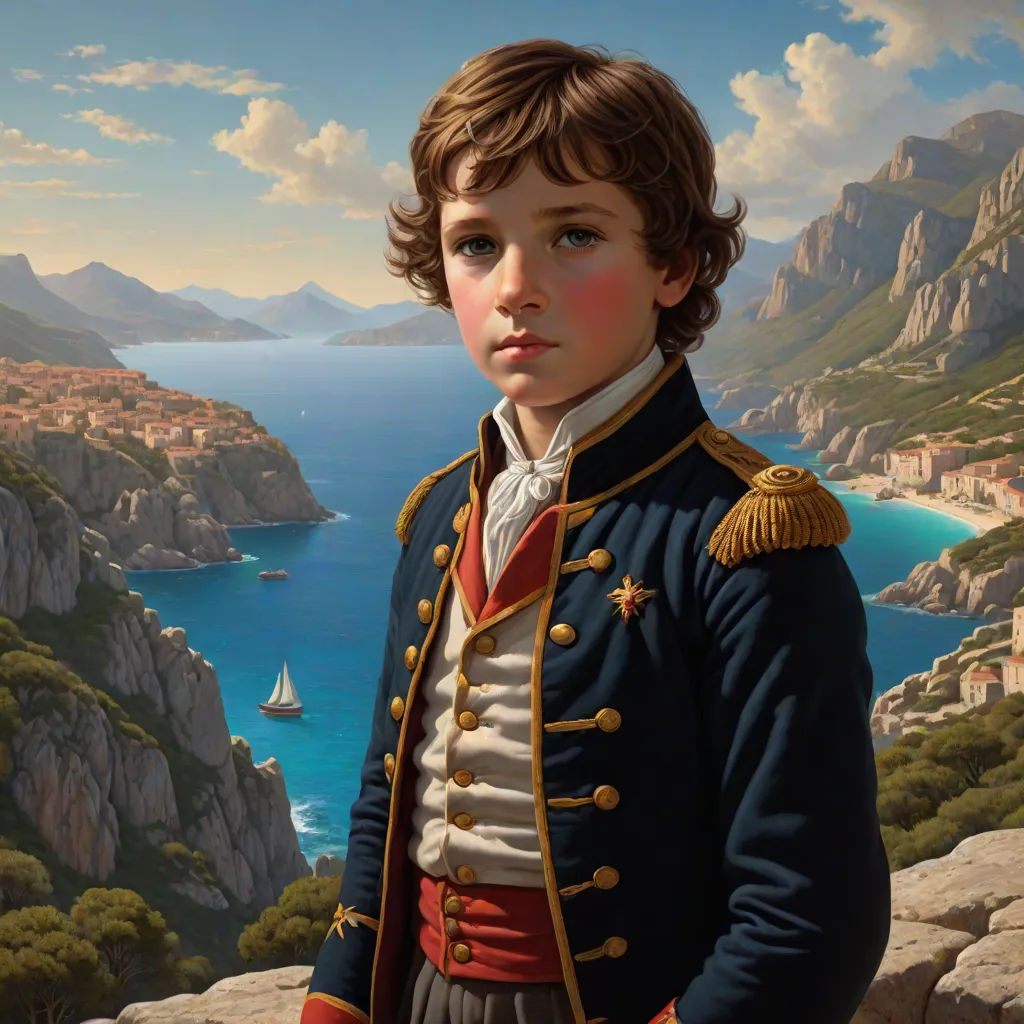
Born on August 15, 1769, in Corsica, Napoleon Bonaparte was a child with great ambition. He was sent to France for military education at the tender age of nine.
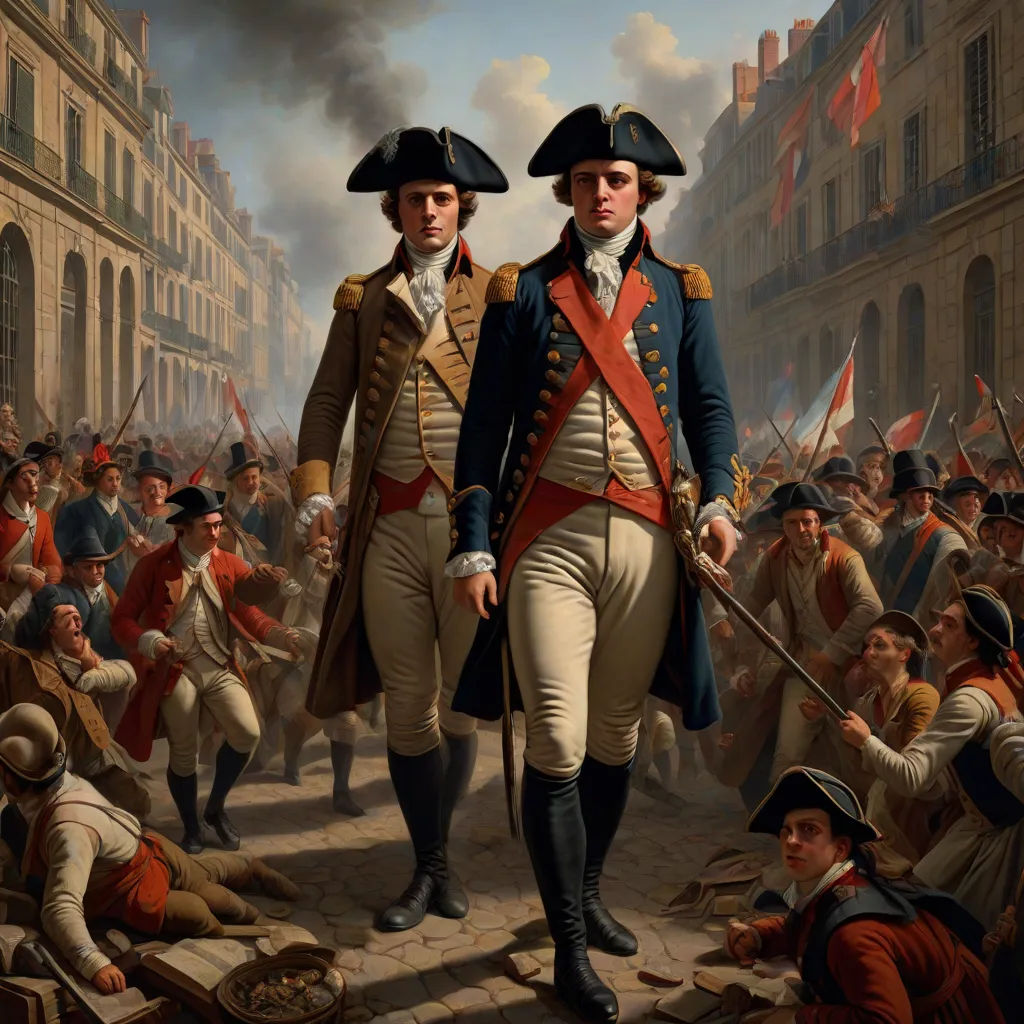
During the French Revolution, Napoleon saw an opportunity. His successful military campaign in Toulon in 1793 brought him national attention.
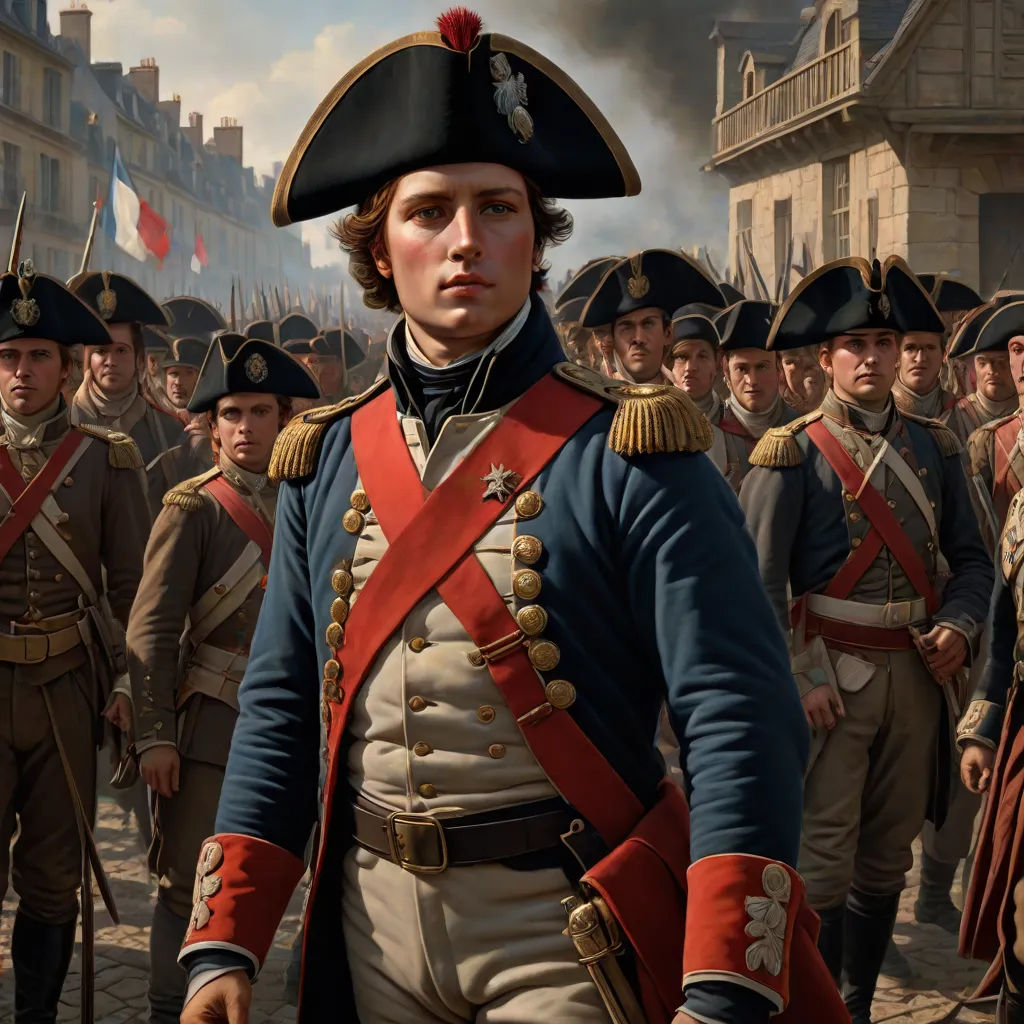
His success on the battlefield led to a rapid rise in rank. Soon, he became one of the youngest generals in the French Army.
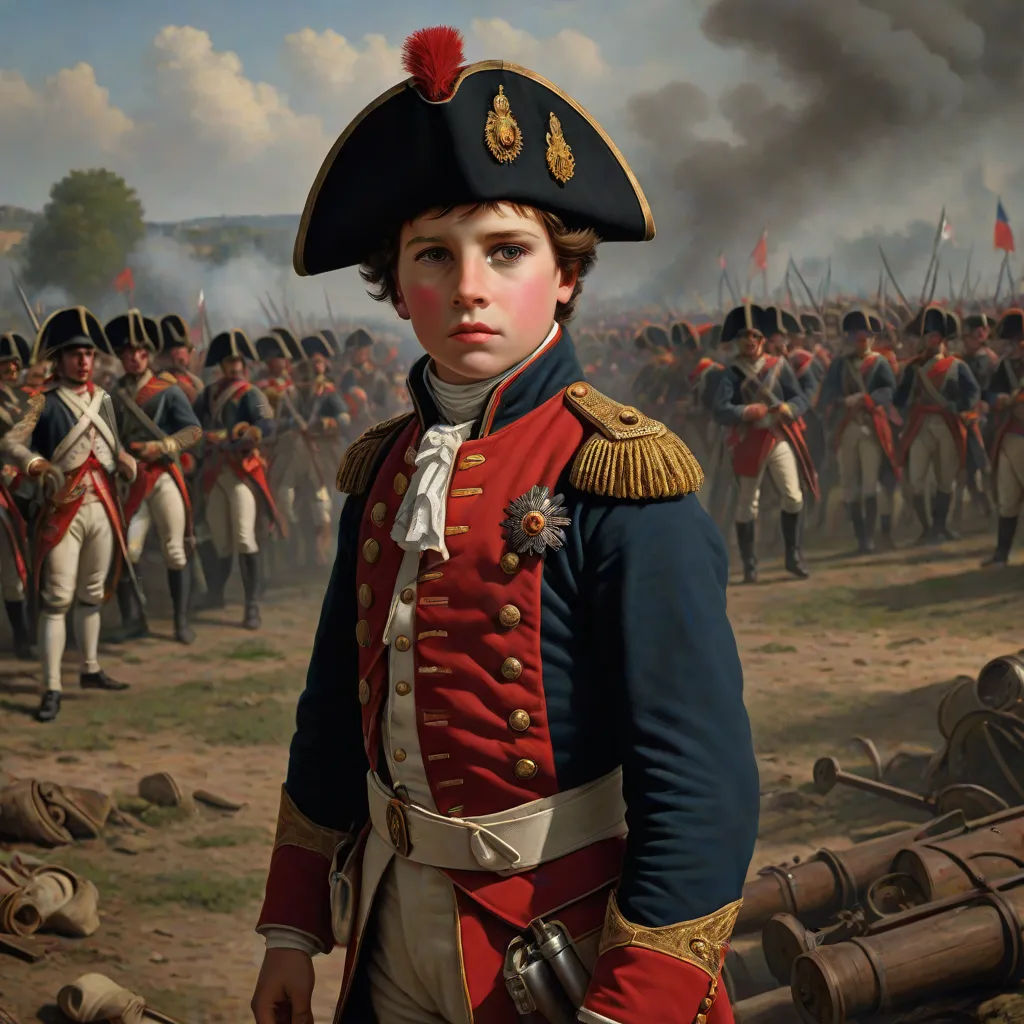
In 1796, Napoleon was given command of the French forces in Italy. His brilliant strategies and swift battles led him to conquer most of Italy, cementing his reputation as an unmatched military leader.
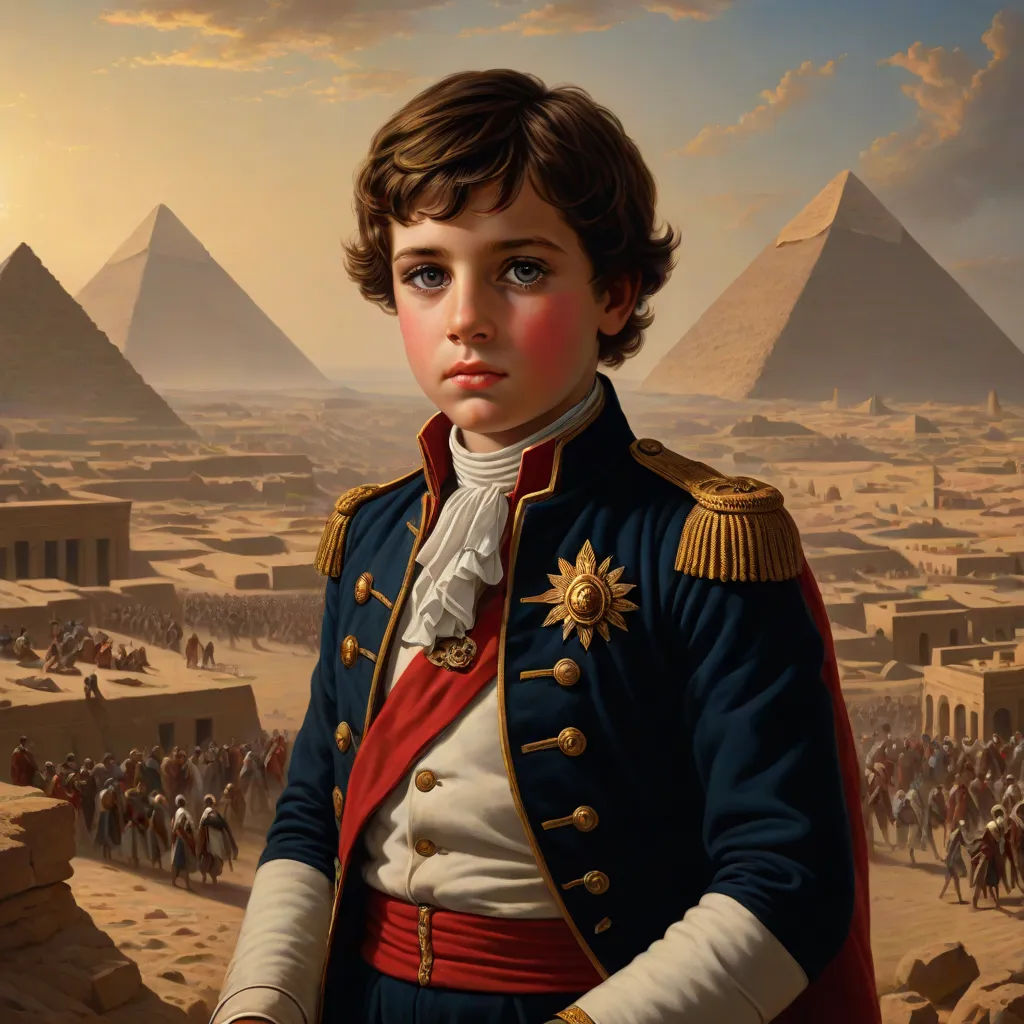
He then set his sights on Egypt in 1798. Despite the military failure, he was still hailed as a hero back home.
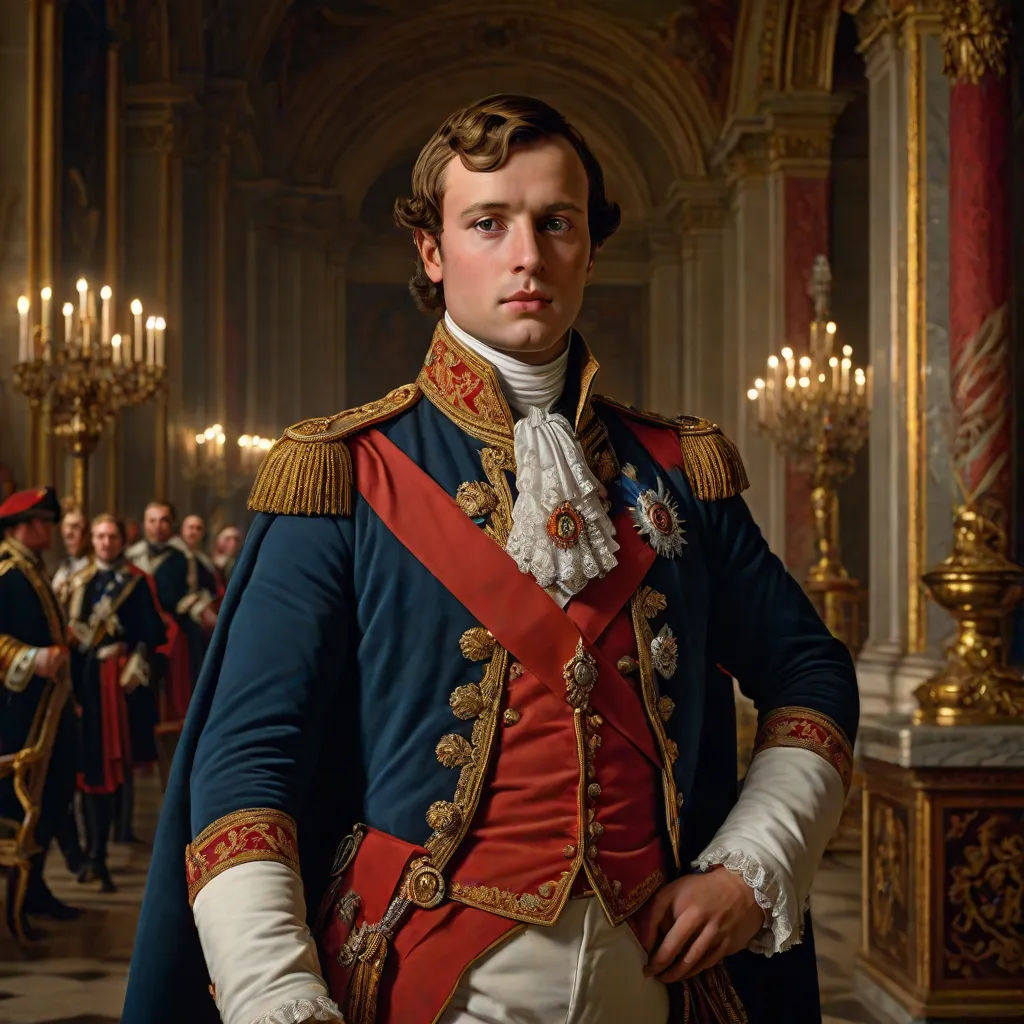
In 1799, amidst political instability, Napoleon staged a coup and became the 'First Consul'. Five years later, in 1804, he declared himself Emperor of France.

His coronation at the Notre-Dame Cathedral marked the beginning of the French Empire. Napoleon introduced reforms that strengthened the state, such as the Napoleonic Code, which still forms the basis of modern law today.
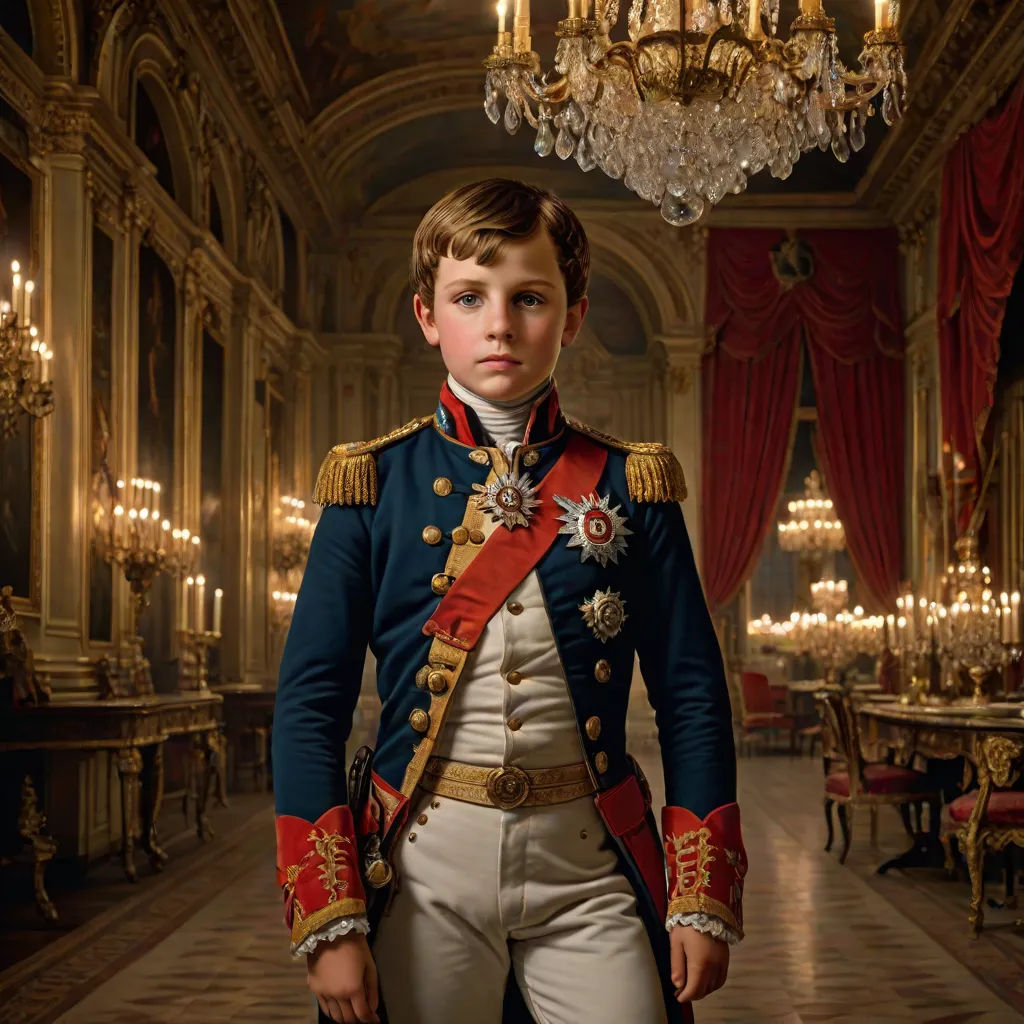
With ambitions to conquer all of Europe, Napoleon won many significant battles like Austerlitz and Jena. At its peak, the French Empire controlled most of Europe.

However, his military campaign in Russia in 1812 marked the beginning of his downfall. His troops faced a major defeat due to the harsh winter and Russia's scorched earth tactics.
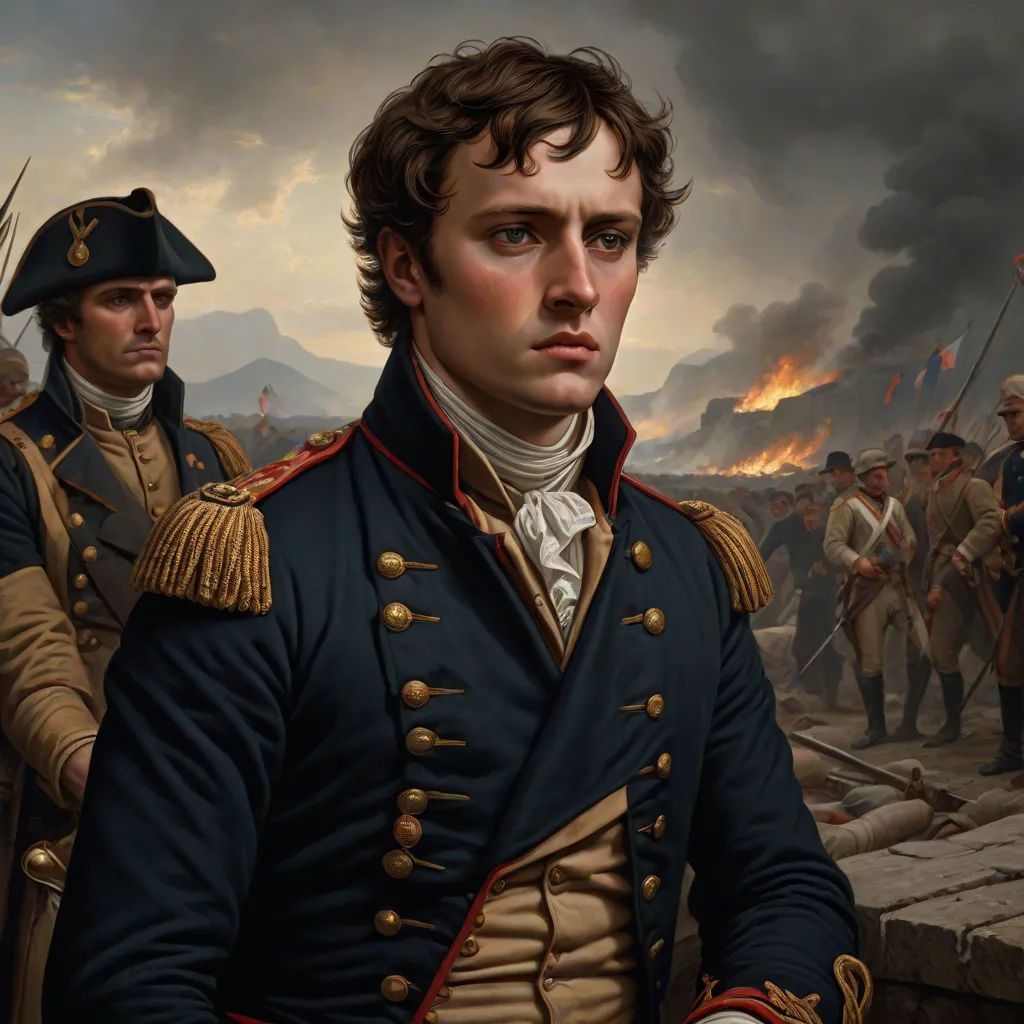
After the defeat in Russia, Napoleon's enemies united against him. In 1814, he was forced to abdicate and was exiled to the island of Elba.
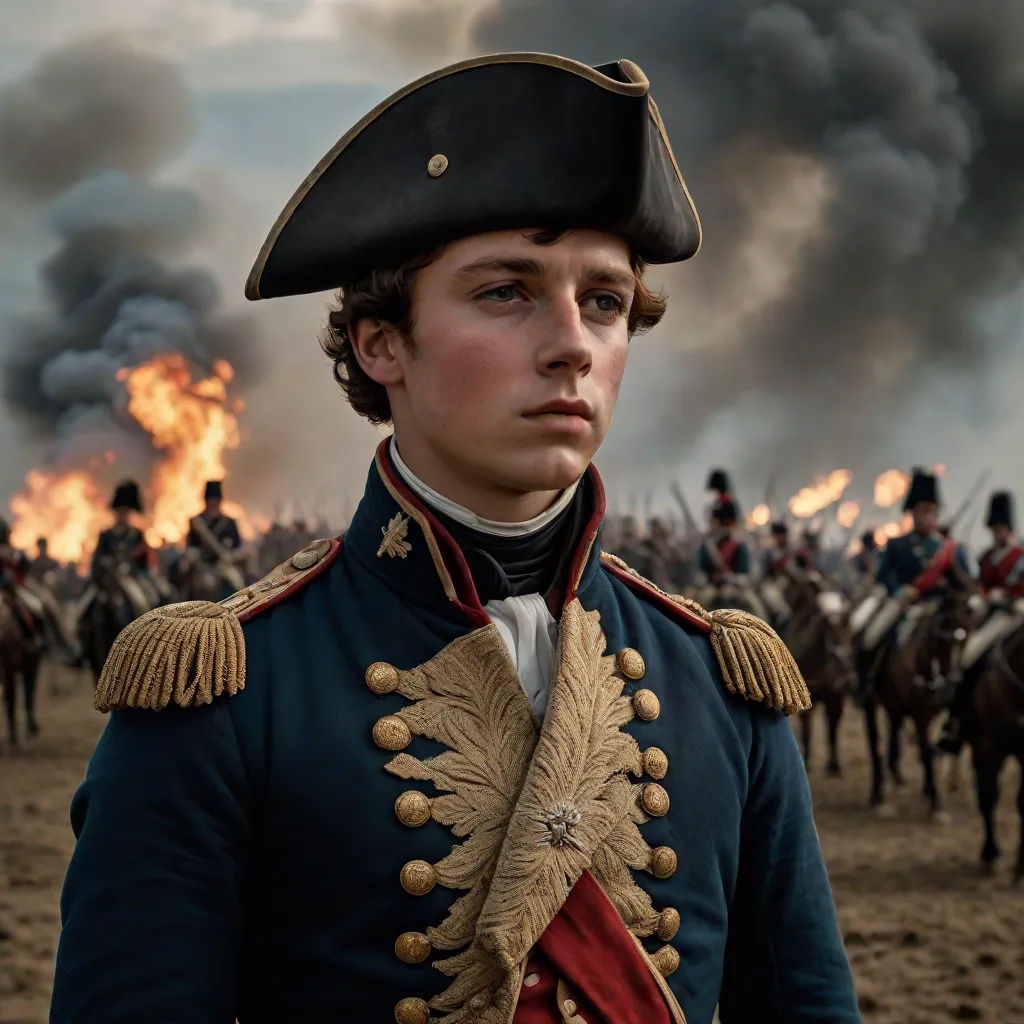
However, Napoleon did not admit defeat. A year later, he escaped from Elba and regained control of France for 100 days. But in 1815, he was finally defeated at the Battle of Waterloo, ending his military career.

After his defeat at Waterloo, Napoleon was exiled to the island of Saint Helena, where he spent the rest of his life until his death in 1821.
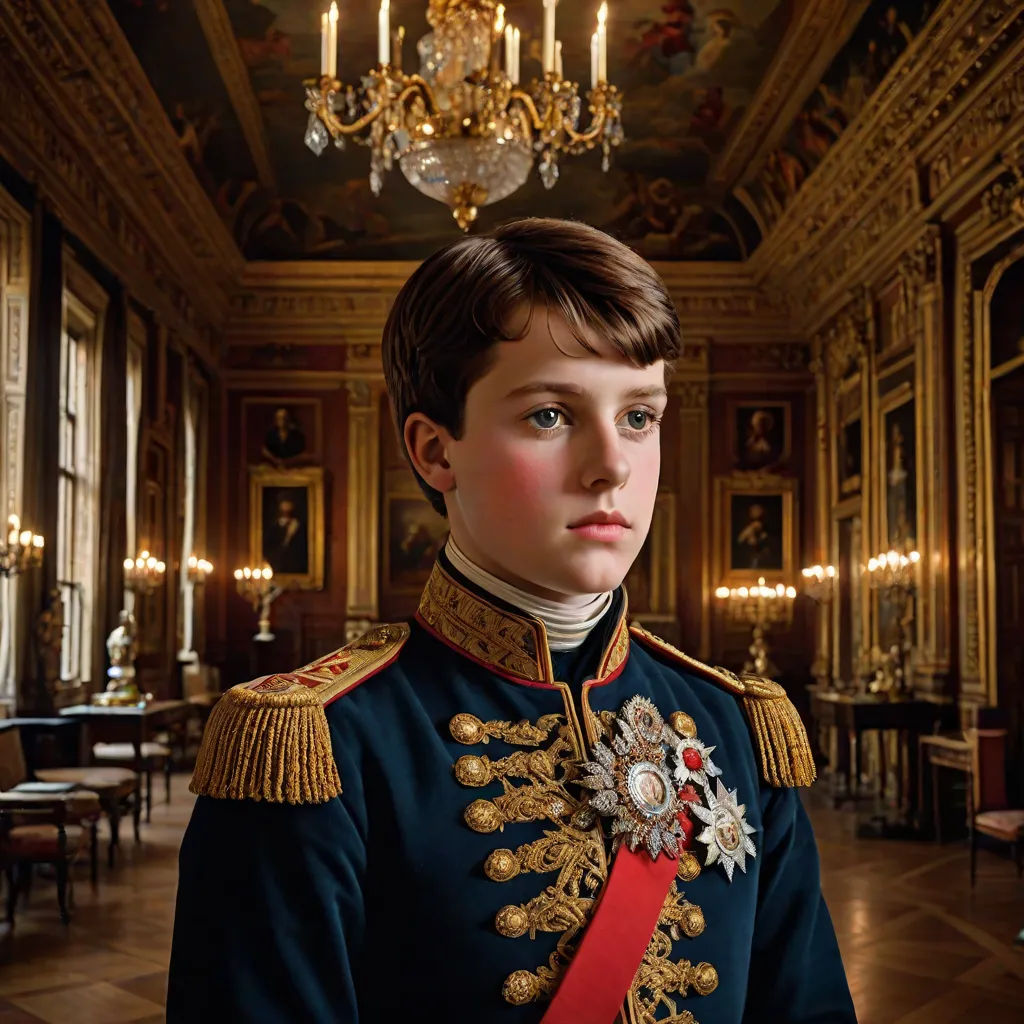
Despite his military career ending in defeat, Napoleon's influence on the world is undeniable. The Napoleonic Code, administrative reforms, and the idea of nationalism that he instilled have shaped modern Europe.
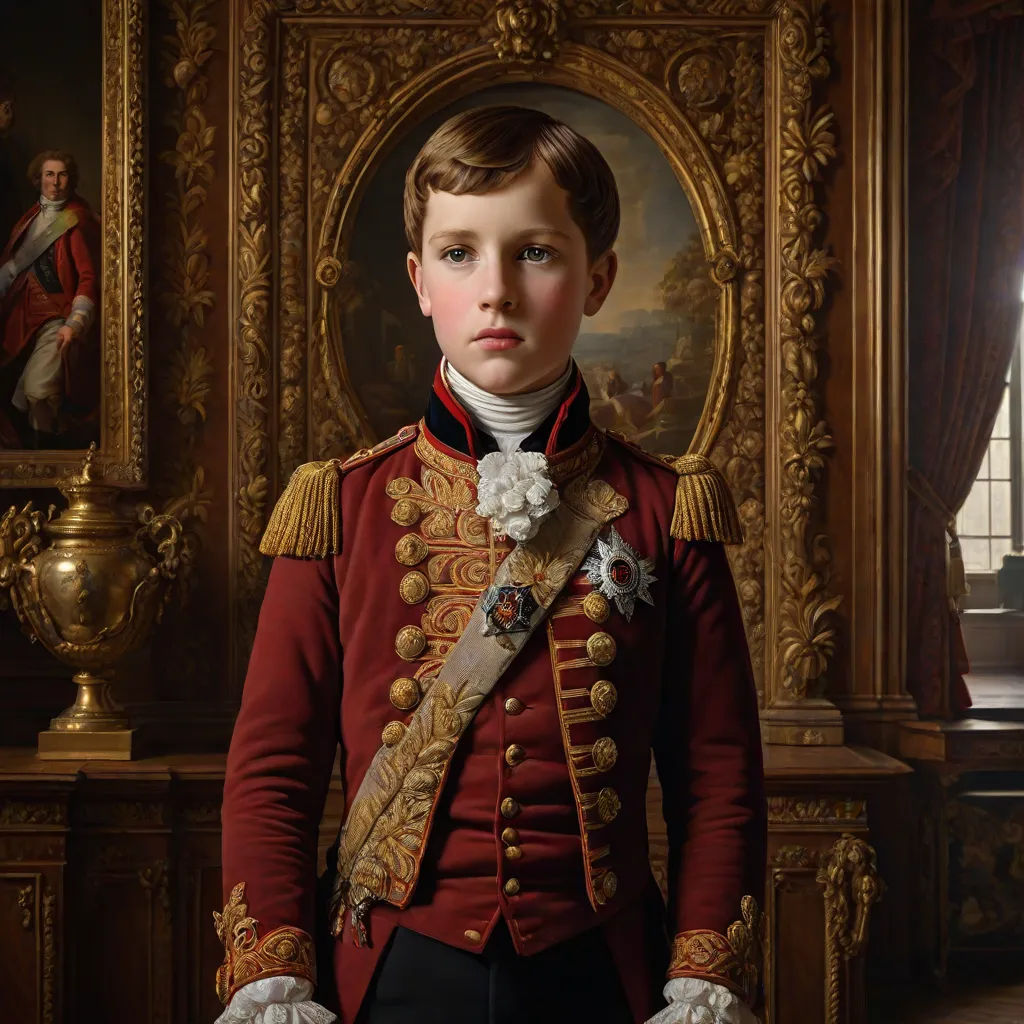
Even today, Napoleon is remembered as one of the greatest figures in world history.
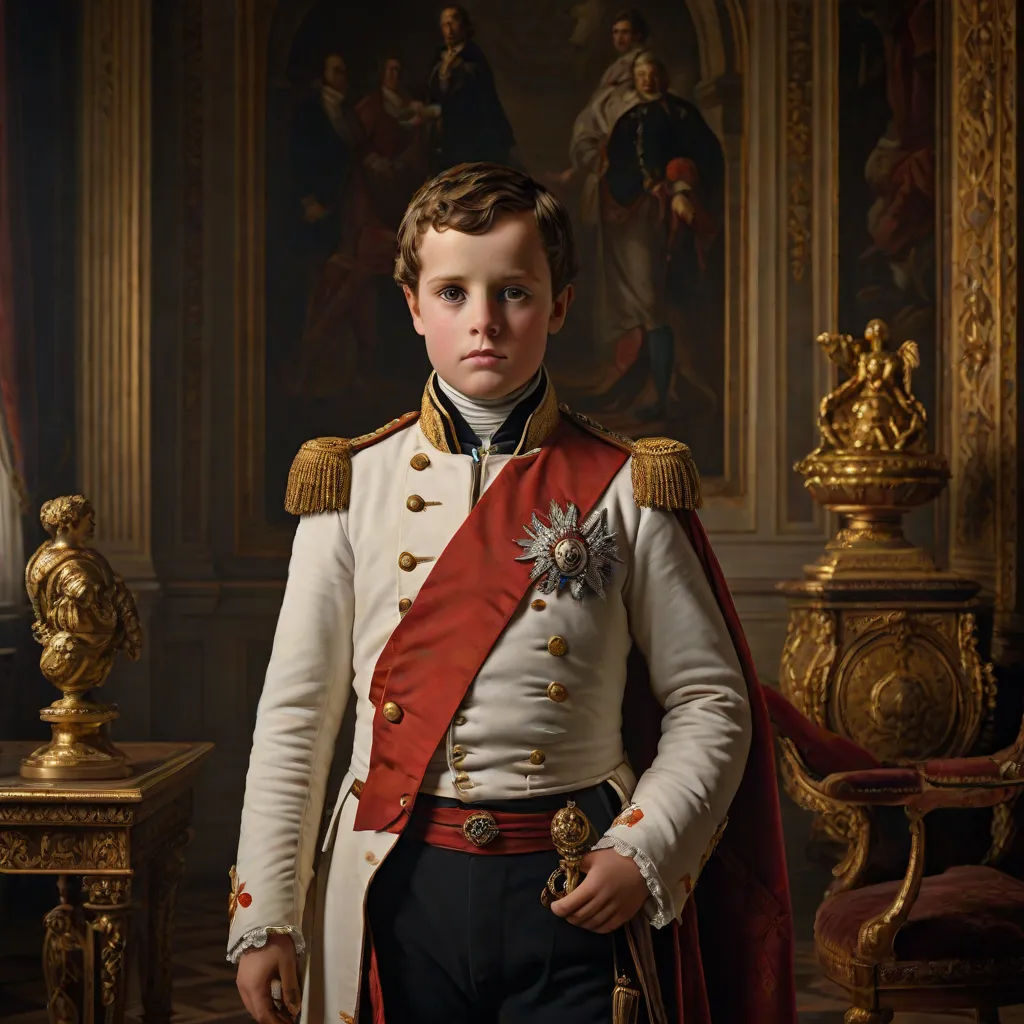
From a brilliant military general to an ambitious emperor, Napoleon's story is a tale of power, leadership, and the resilience of an individual who changed the fate of Europe.

His strategic brilliance on the battlefield, his administrative reforms, and his drive for continental unity left an indelible mark on the world.

Despite his ultimate defeat, his vision and his reforms have stood the test of time, influencing generations long after his demise.

A man of great complexity, Napoleon was a visionary, a reformist, and a conqueror, etching his name in the annals of history.

His story serves as a testament to the power of ambition, the strength of will, and the enduring influence of a single individual.
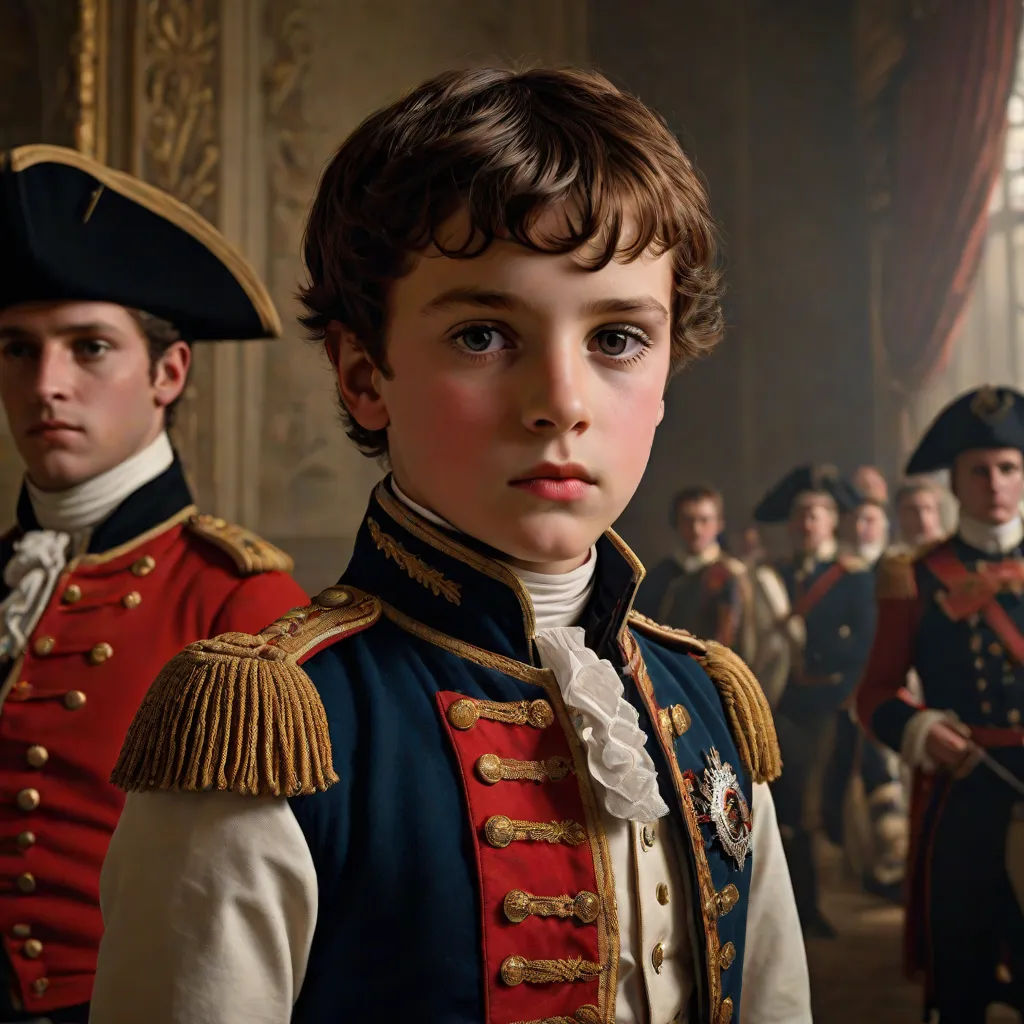
Napoleon Bonaparte's life is a tale of triumph, defeat, resilience, and an enduring legacy that continues to shape the world even today.
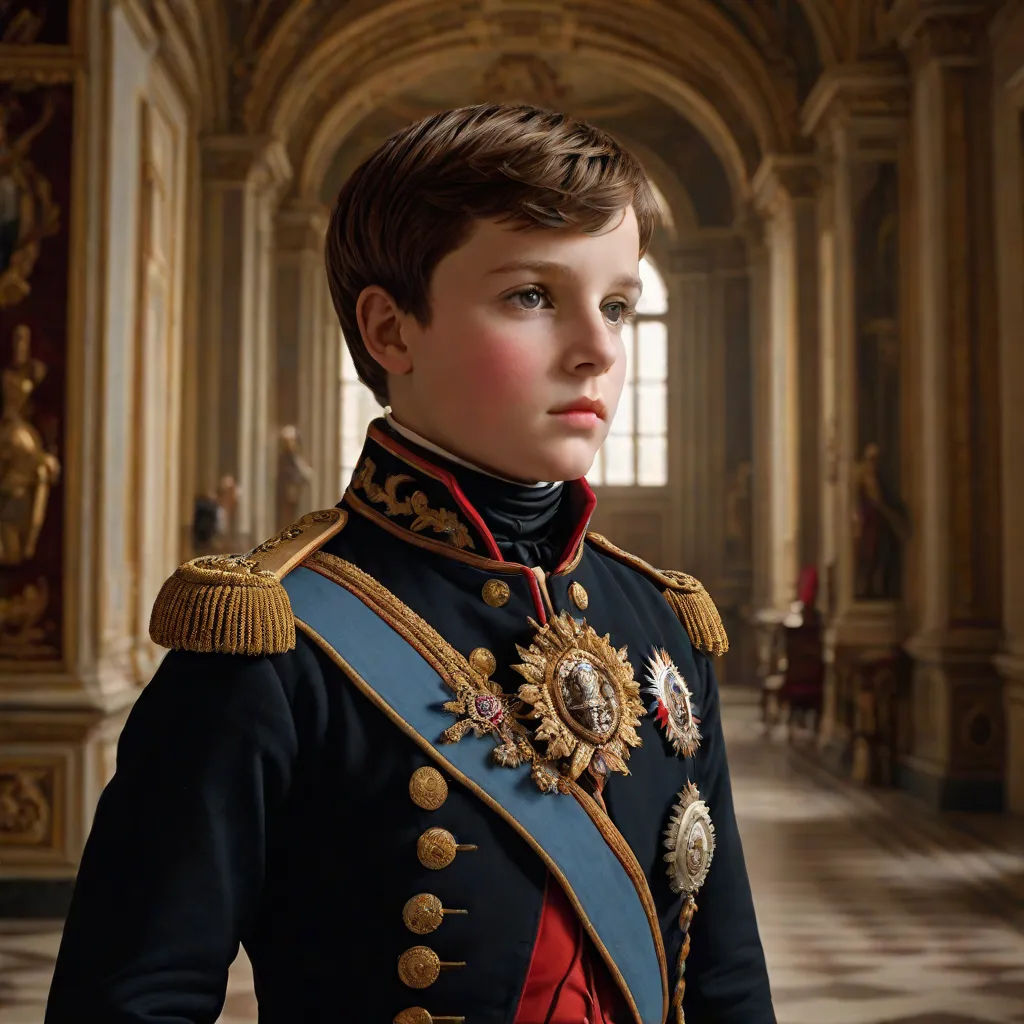
His story is a reminder of the indomitable human spirit, the power of determination, and the lasting impact of visionary leadership.

Napoleon Bonaparte, a leader, a visionary, and a reformist, was a man who truly transformed Europe.